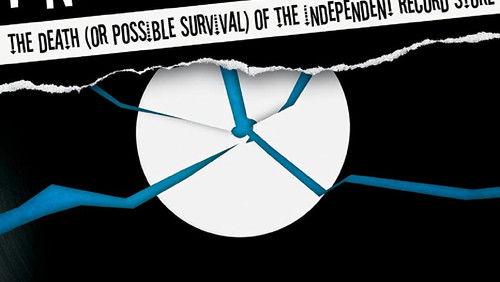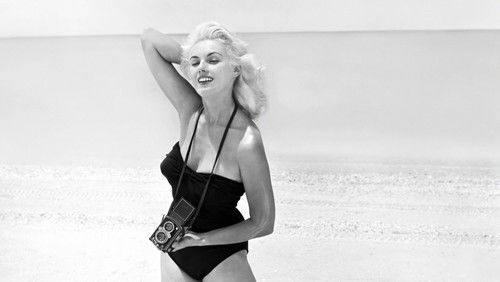The Last Ice (2020)
34KThe Last Ice: Directed by Scott Ressler. The Inuk people of the north are divided between modern and traditional lifestyles and Canadian and Danish political systems. Those divides are becoming more pronounced due to the effects of a warming northern climate.
“This beautifully filmed documentary offers a compelling portrait of an indigenous Inuit people confronting the disappearance of the environment where they have lived for millennia, the section of oceanic ice that stretches between Greenland and Canada.u003cbr/u003eu003cbr/u003eWe encounter this ice realm mostly through the eyes of a young man who left it as a child to live in Denmark through his youth and returned as a young adult. He finds himself having to relearn the hunting culture of the Nunavut, which captivates him for the deep knowledge and skills the older men still retain. He is dedicated to learning the ways and insights of these experienced hunters, who have unique knowledge of the ice and its wildlife. But with global warming, their skills and wisdom are faltering in a melting world. As the ice thins and disappears, open ocean cuts off coastal communities from each other, makes some traditional hunting grounds unreachable and creates dangerously thin ice where they risk losing sleds and dogs.u003cbr/u003eu003cbr/u003eVintage footage from the 1950s is spliced in to fill out the modern history of the Nunavut, including their forced settlement by white authorities that ended their nomadic life, and that common horror – the forced removal of their children to the bleak and abusive Catholic schools that were established to strip them of their language and culture. Without any heavy handed preaching, the connection is clearly made to the threat they face now from the global impact of that same u0026quot;whiteu0026quot; culture. The connection is further illuminated by the experience of a young woman who also left and returned and is beginning to realize how alienation from her people left her feeling lost as a person.u003cbr/u003eu003cbr/u003eIn portraying all this, the film is pensive and somber. But it is illuminated by the stunning beauty of the ice, which sensitive film direction and exquisite cinematography shows as having a poetic, transcendental quality, and by the Nunavut people, who are moving and inspiring in their efforts to retain, and personally regain, their culture while facing an uncertain future.u003cbr/u003eu003cbr/u003eIn chronicling this pivotal period, as global forces literally dissolve an ancient landscape forever, this film is one of the must-see nature films of recent years.”









